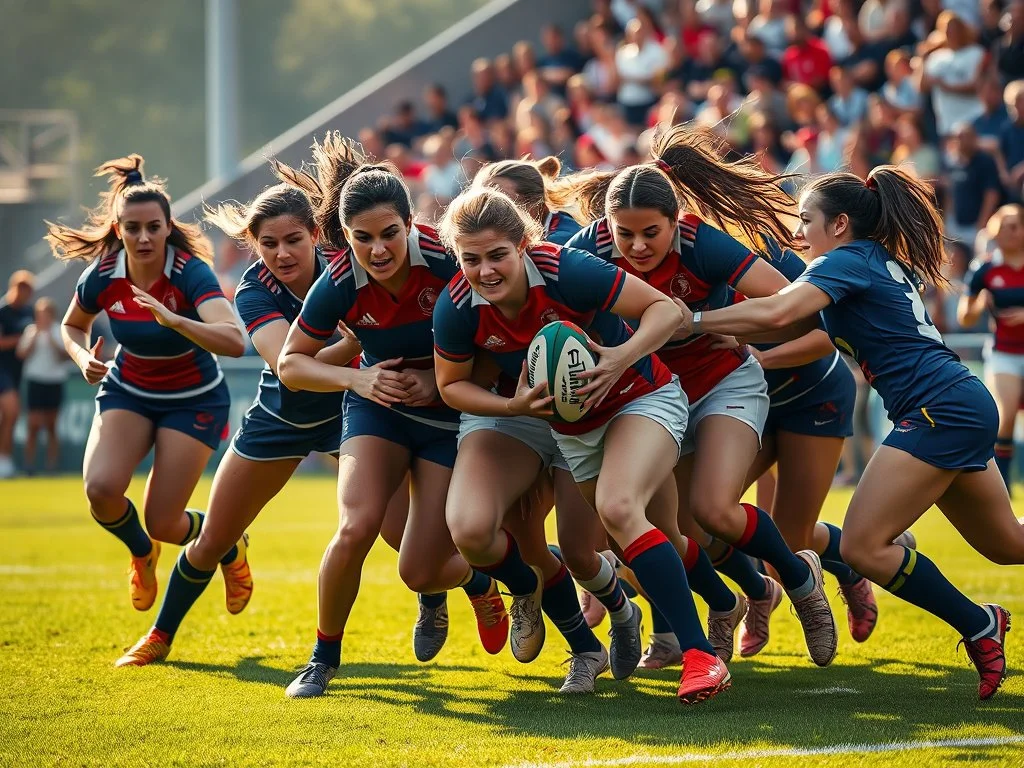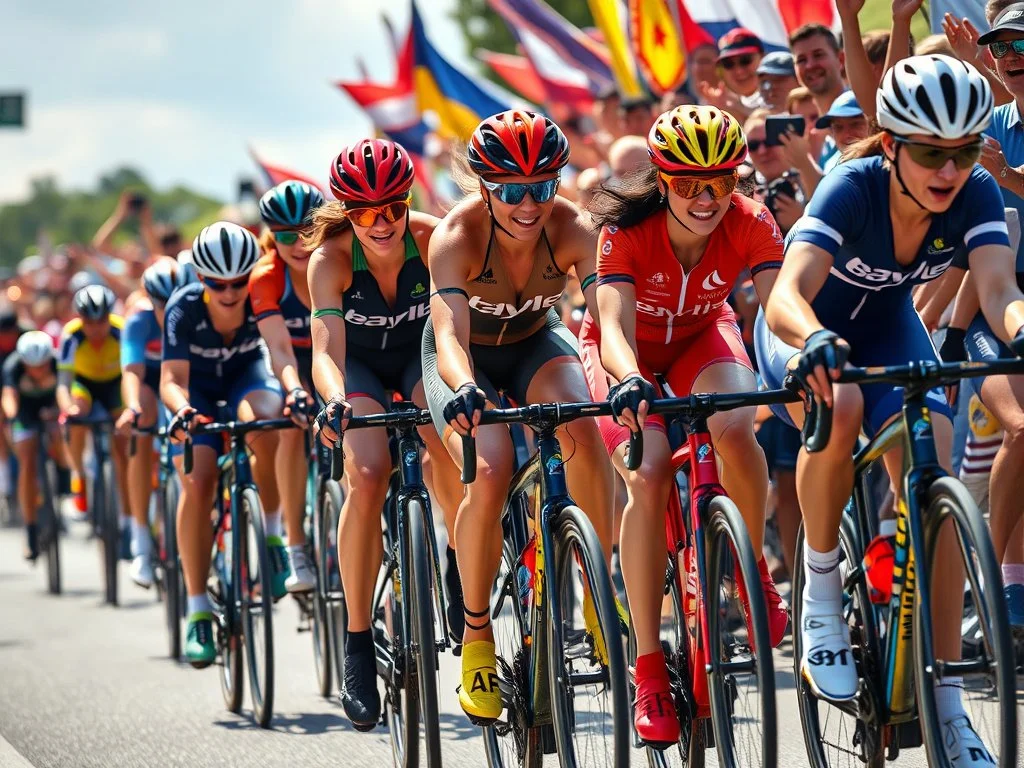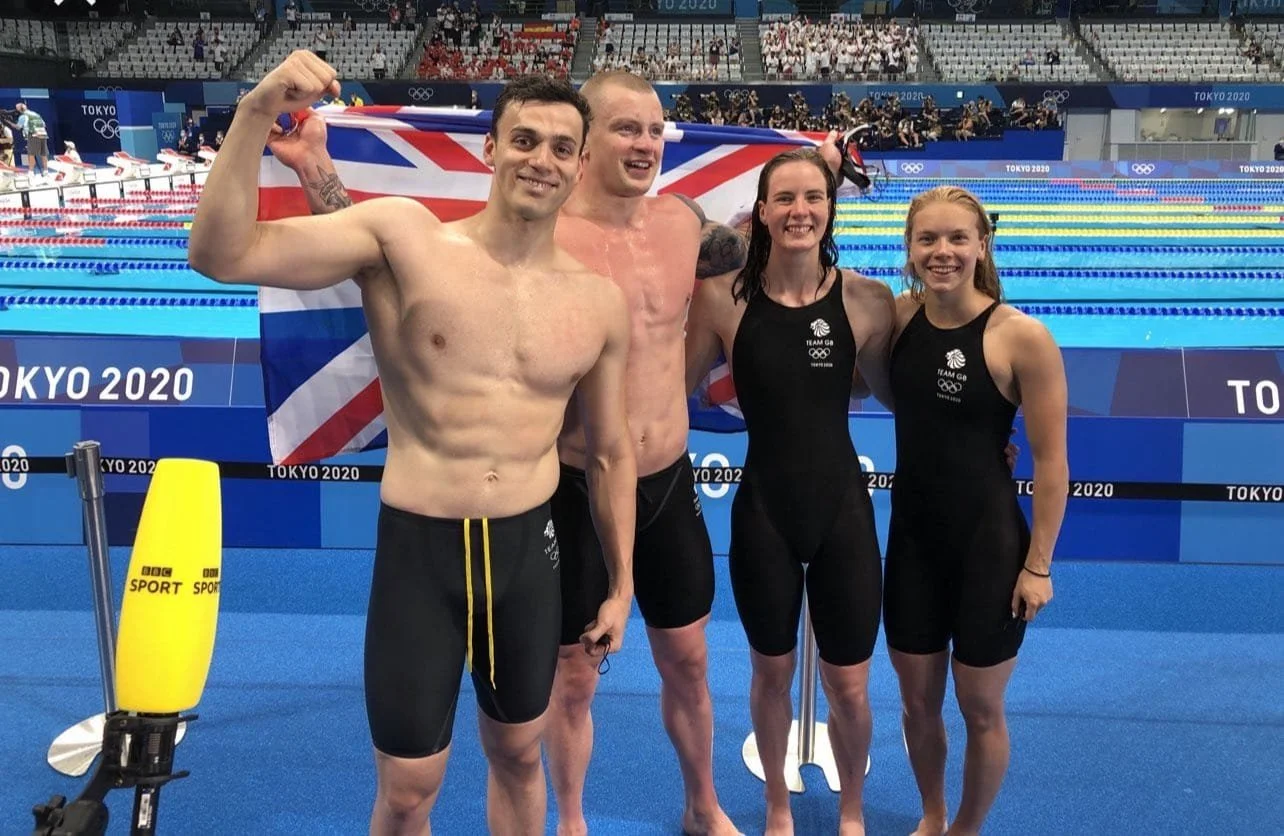Public Opinion
Whenever athletes or the general public are asked anonymously on their views about male inclusion in the female category, the overwhelming majority support a protected female category
The problem has been that most sport organisations have failed to consult their female membership in any meaningful way, refused to disclose their consultation process and / or refused to publish results of surveys.
Here is a summary of survey results:
Over 96% of the 60,000 members of the British public who voted, think biological males should not compete against biological females in sport - Sharron Davies Survey
More than 90% of professional female cyclists are against the inclusion of transgender athletes in women’s races’ (McDonald, 2022) - Cycling Survey
@BBCSport published the results from their survey showing the overwhelming majority of female athletes want a protected female category “those uncomfortable on transgender participation in elite women's categories outnumbered those comfortable by 10 to one” - BBC Survey
British Rowing survey of members. More than 80% vote for female at birth category - Rowing Survey
87% of athletics volunteers who expressed a view said that males who have been through male puberty should not be allowed to compete in the female category (Sullivan and Armstrong Jan 2023) - Sullivan & Armstrong, 2023 survey
British Triathlon (2022) found over 80 percent of 3,167 members favoured a dedicated female category.
79% of cricket volunteers said males should not be allowed to compete in the female category in either amateur or professional cricket events - Link to SEEN in Sport survey of ECB cricket volunteers Nov 2024
74% of Britons oppose transgender athletes and transgender women in particular, taking part in sporting events for their new gender - YouGov Survey
FINA (now World Aquatics) (2022) found 84 percent of those surveyed thought eligibility for women’s events should be based on birth sex. - Survey
66% of girls want single sex sport, according to @YouthSportTrust research 2024 - Survey
Following an extensive RFU consultation, the RFU Council has voted in favour of updating its gender participation policy for rugby in England from the start of the 2022/23 season with 33 in favour, 26 against and 2 abstaining.
International Public Opinion
(Devine, 2022; Shaw et al, 2024):
Devine, C. (2022) ‘Female Olympians’ Voices: Female Sport Categories and IOC Transgender Guidelines’, International Review for the Sociology of Sport, 57(3), pp. 335–361:
Shaw, A.L., Williams, A.G., Stebbings, G.K., Chollier, M., Harvey, A. and Heffernan, S.M. (2024). ‘The perspective of current and retired world class, elite and national athletes on the inclusion and eligibility of transgender athletes in elite sport’, Journal of Sports Sciences 42(5), pp. 381–391.
Another survey showing the overwhelming majority of the American public do not support transwomen (biological males) participating in the female category of sport
75% overall and nearly 64% of GenZ voted to protect the female category
Female Canadian Olympic athletes were asked their views on the inclusion of transgender athletes in elite sport (Divine 2022):
This project report is the background data to the SCEG Guidance for Transgender Inclusion in Sport. Some heartbreaking quotes from the athletes interviewed on pages 12 and 13
World Rugby (2020a) found a minority supported introducing the 2015 IOC guidelines let alone the 2021 IOC Framework.








